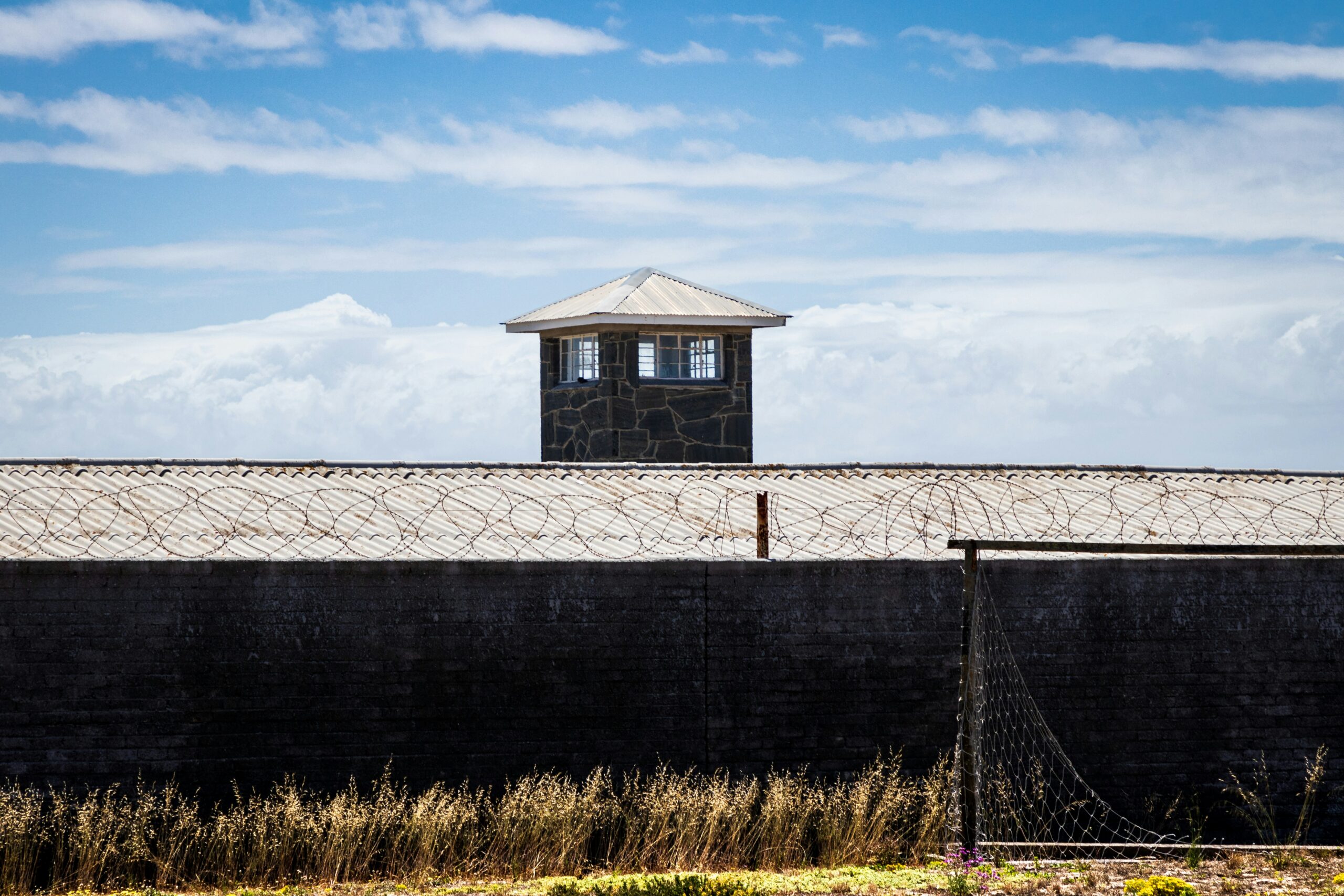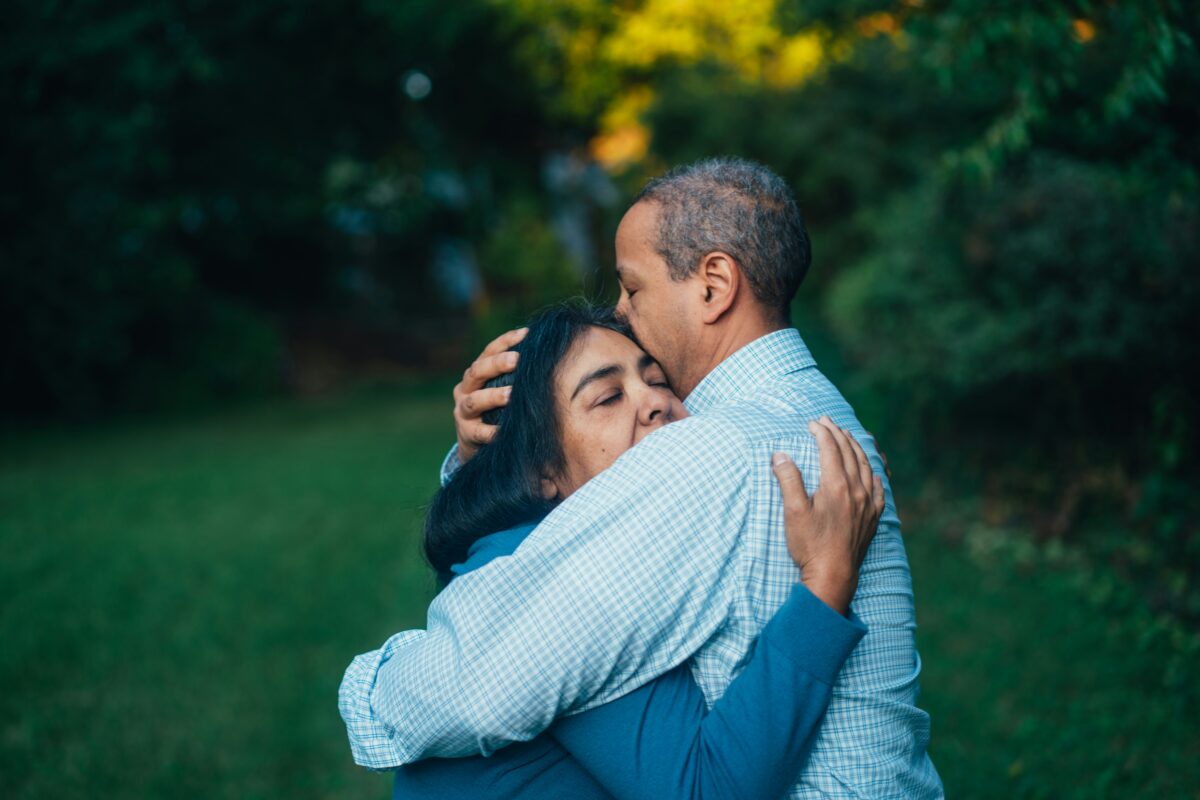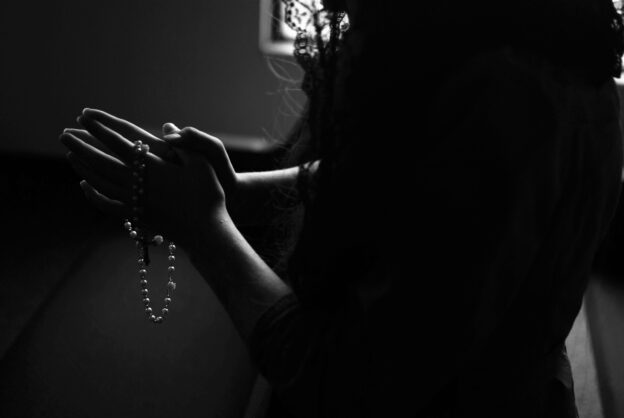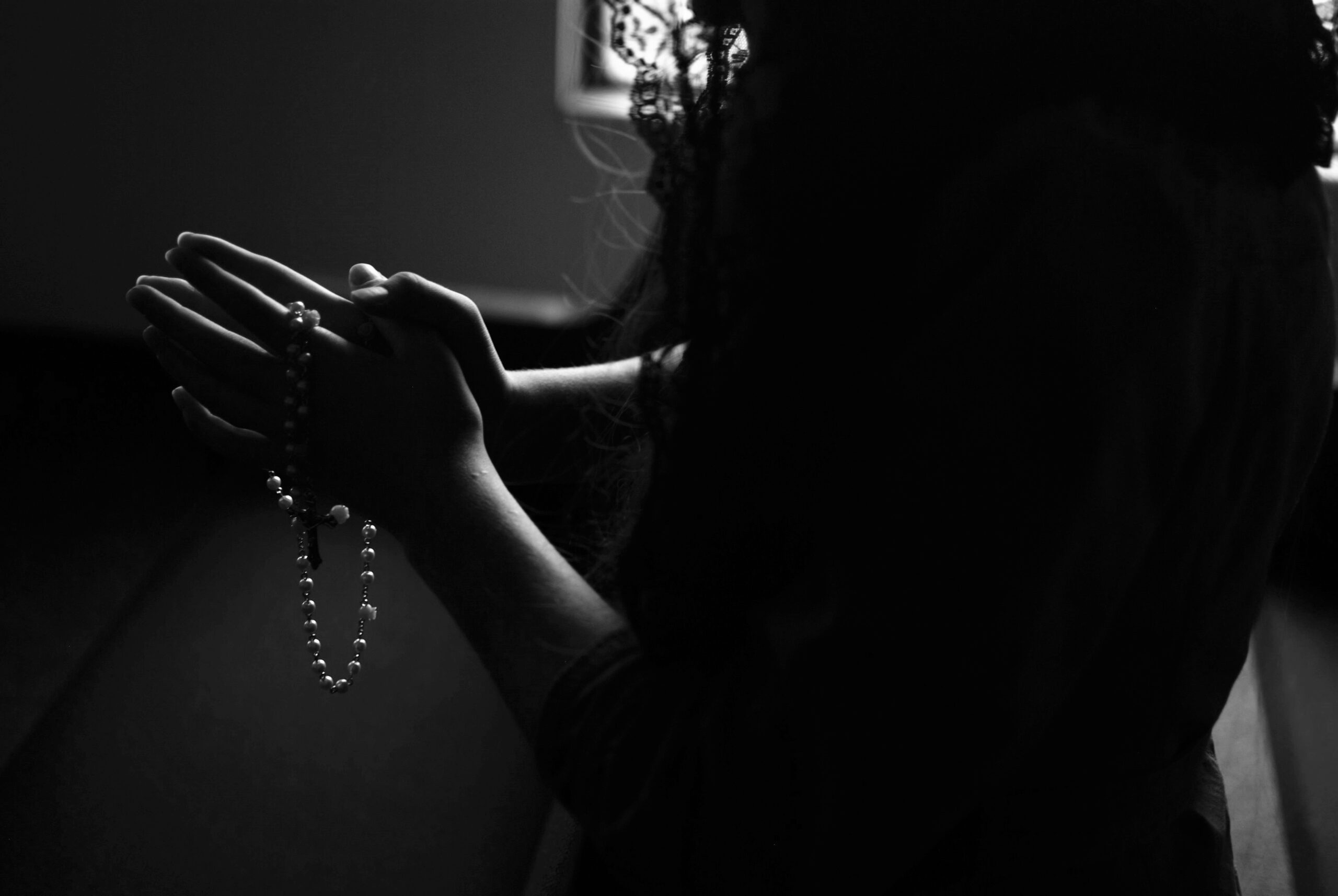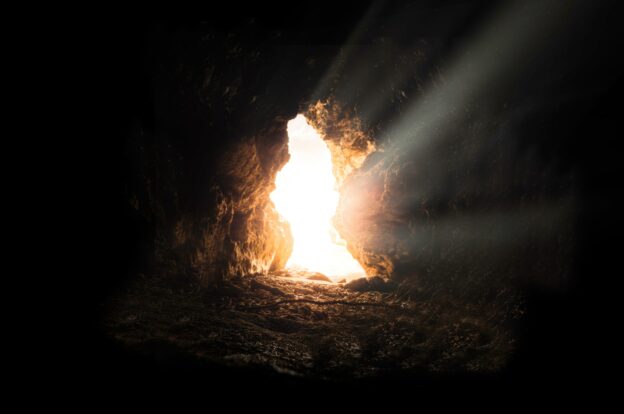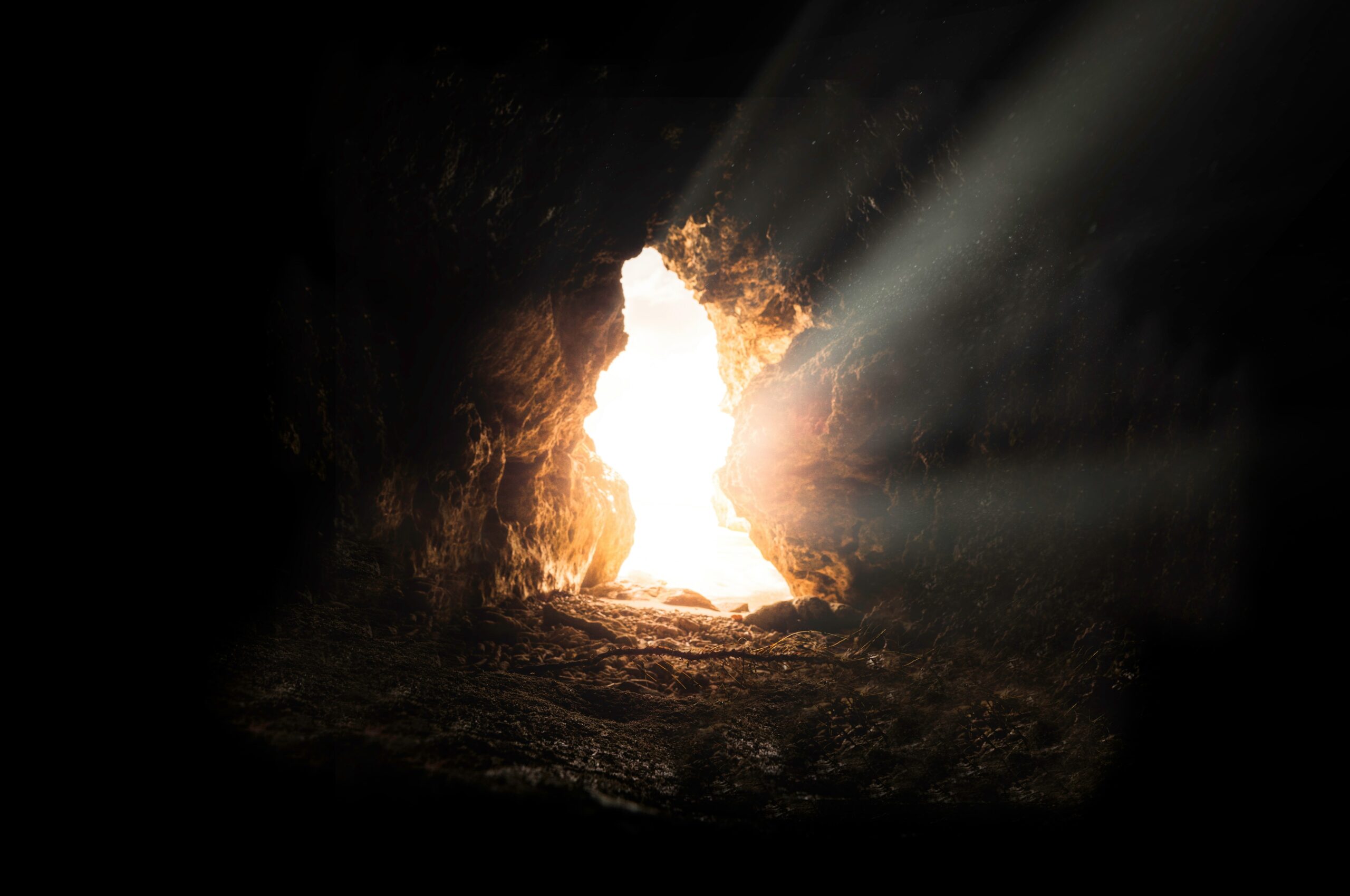Someone To Take The Place of Jesus: Comforter and Counselor by Maxie Dunnam

In my previous article I began a conversation about the Holy Spirit as someone to take the place of Jesus. Knowing the cross was coming, in one of his last conversations with his disciples, Jesus made the promise, “And I will pray to the Father, and He will give you another comforter, that He may abide with you forever.” (John 14:16 KJV)
Acknowledging the limitation of our thinking of comfort in relation to sorrow and sadness, I suggested Phillips’ translation as more appropriate: “I shall ask the Father to give you someone else to stand by you, to be with you always.” The Greek word is parakletos, and it means, “someone who is called to help, to be with us always.”
It’s difficult to find words to describe our feelings of need for such a companion. Studies show we are lonelier than ever before. We are confounded, puzzled, taken aback, baffled. The word that fits my feelings these days is “swamped.” As I share with people, that seems to be where we are. We feel swamped, and we are not sure what is swamping us.
How desperately we need to claim the truth: we need never be alone. God has given us the Holy Spirit to be our companion.
In our trouble and distress, our doubt and bewilderment, our being swamped, we have someone to call for help. And that brings us to a second word used to describe the Holy Spirit. Jesus said a counselor would come. “But this cometh to pass, that the word might be fulfilled that is written in their law. They hated me without a cause. But when the counselor is come, whom I will send unto you from the Father, even the Spirit of truth, which proceedeth from the Father, he shall testify of me.” (John 15:25-26)
In present day legal terms, when we go to court, we retain a lawyer, a counselor, who speaks on our behalf. The Holy Spirit who comes to take the place of Jesus, is not to speak on our behalf, but on behalf of Jesus.
It is clear. Jesus is, and must always be our focus. Nothing is more relevant in terms of where we are in our world today. In John 14, Jesus’ word, preceding his promise of the Spirit, was this, “If you love me, keep my commandments.” To our gospel writer, John, there is only one test of love, and that test is obedience. It was by his obedience that Jesus showed his love of God; and it is by our obedience that we must show our love to Jesus.
The violence in our streets, unrest abroad, resistance to immigration, and blatant expressions of hatred has put the issue of love in dramatic full focus. Racial division, call it human division if you like … but don’t do so to evade the truth: no division is as pronounced in our culture, no division is as painfully impacting all of us, as our racism and racial division.
I plead with you. Let’s not allow the misuse of protest movements, and the violence that too often accompany them, to divert us from the racial division that is breaking God’s heart. Don’t be diverted from the love that is being called for, and the desperately needed healing of racial division, by taking issue with the language and demonstrations of different movements lamenting their pain.
Friends, the evidence is clear. People in our country and abroad unjustly suffer and are denied privileges. Some for the color of their skin, some for their birthplace, some for the debts of the generations before them, some for their beliefs. These remain critical issues for the hearts of those in the church around the world.
Issues are not always clear cut and are too often politically motivated and used. Innocent persons are hurt, demonstrations become violent, people who are demanding aren’t held accountable and too often don’t take responsibility. It’s a mess and we want to throw up our hands and remove ourselves as far from it as possible. But that’s a costly decision, and it is certainly not a Christian one. We are swamped but still called to love.
My experience is that most of us feel frightened and helpless. Jesus speaks to us here:
I will not leave you to struggle with this alone; I will not abandon you to your own strengths and skills to love in the way you are called to love. I will give you a helper, the parakletos, the one who will stand by you.
Be humble and honest. Allow the Holy Spirit to stand with you, comforting you, whispering into your soul the counsel of Jesus.
Subscribe
Get articles about mission, evangelism, leadership, discipleship and prayer delivered directly to your inbox – for free








